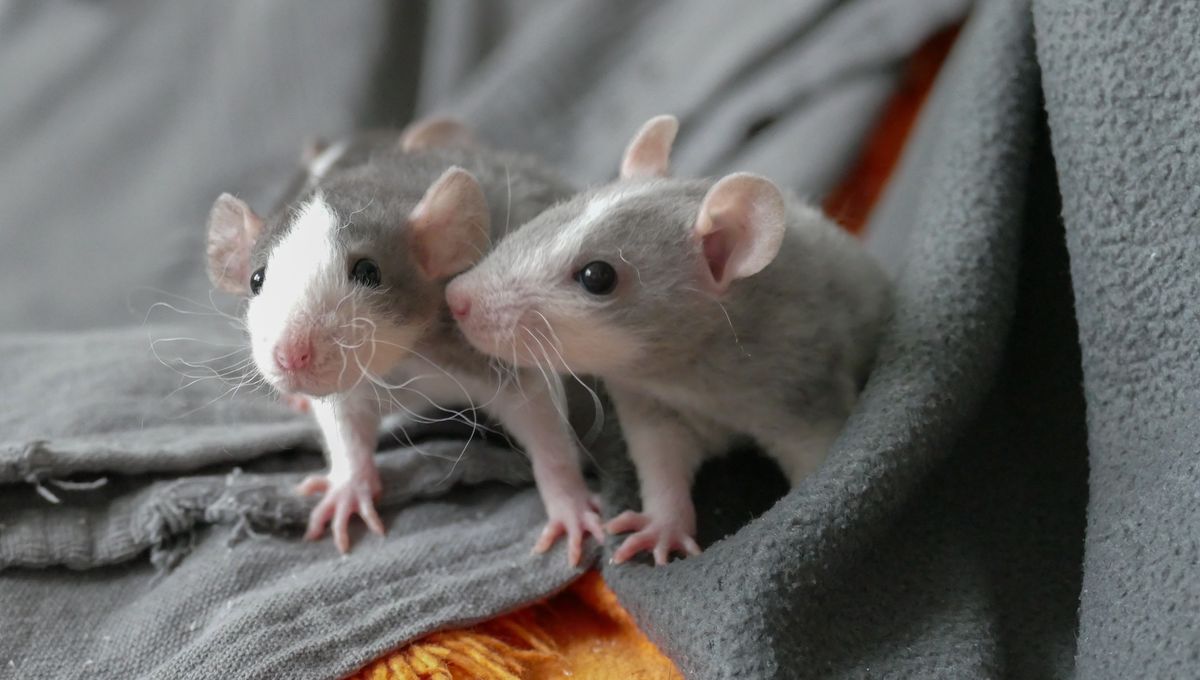
Scientists in Japan say they have successfully transplanted kidney tissue between rat fetuses while they were still in the uterus. The study is yet to be peer-reviewed, but the authors believe it represents the first step in a journey that could lead to future in-utero xenotransplantation in humans.
The study was focused on a neonatal condition called Potter sequence, which can happen when there’s not enough amniotic fluid surrounding a fetus as it grows. Among its many possible symptoms, the kidneys can be badly affected, causing disease or even preventing them from developing at all.
In their paper, which has been posted as a preprint, the authors explain that babies born with these issues often don’t survive long enough to be treated with dialysis, so there’s a need to find a way to “bridge the gap” until they’re old enough for more invasive treatments. It’s hoped that transplanting fetal pig kidneys into human fetuses could one day provide that solution – but as you might imagine, this is still a highly experimental approach.
“Our project is the first of its kind,” lead author Takashi Yokoo, from Jikei University School of Medicine, told Nature News.
The delicate procedure involved anesthetizing pregnant rats and carefully exposing the uterus. The tiny kidneys had already been removed from the donor fetuses, and were injected through the uterine wall and approximately 5 millimeters under the skin of the recipient fetus. The kidneys had previously been labeled with green fluorescent protein, so the surgeons would be able to check the tissue had been transferred successfully.
The average success rate for the transplant was determined to be 88 percent. Of the nine fetuses transplanted, all but one showed evidence of the green fluorescent protein when they were born a few days after the surgery. The kidneys seemed to develop normally too, although they were separated from the rats’ own urinary tracts and had to be drained manually by the researchers.
One particularly interesting observation was that the host rat’s own blood vessels had started to grow inside the donor tissue, which is great news when it comes to the possibility of transplant rejection. “In this case, the host is infiltrating the organ, and you overcome that. That was really cool,” fetal surgeon Glenn Gardener, who was not involved in the work, told Nature News.
The scientists even experimented with fetal mouse kidneys, an interspecies transplant more along the lines of the proposed use of pig kidneys in human patients. This, they write in their paper, was a success, “confirming the maturation of the transplanted kidneys and demonstrating less tissue damage due to rejection compared to the transplantation of mouse fetal kidneys into adult rats.”
Clearly, we’re still at the very early stages of this research. But organ transplantation – including xenotransplantation – has come on in leaps and bounds in recent years. We’ve seen the first successful transplant of a genetically edited pig kidney into a human patient; innovative ways to use animal organs to buy time for those on the waiting list; and even a heart flown across the ocean to meet its recipient.
Against that backdrop, in-utero transplants don’t sound so unrealistic, and they would certainly be a game-changer for children born with all kinds of organ defects.
Yokoo told Nature News that the team’s next step is to apply for ethical approval to conduct human experiments, but that’s likely a long way off. This is one journey that many will be following very closely indeed.
The study, which has not yet been validated by peer review, has been posted to bioRxiv.
Source Link: Kidney Transplanted From One Rat Fetus To Another In World First